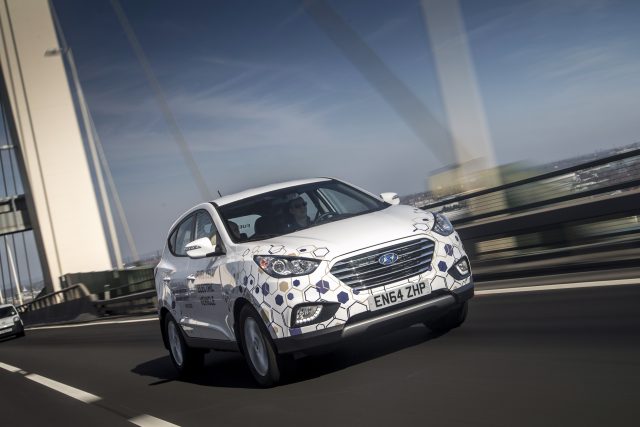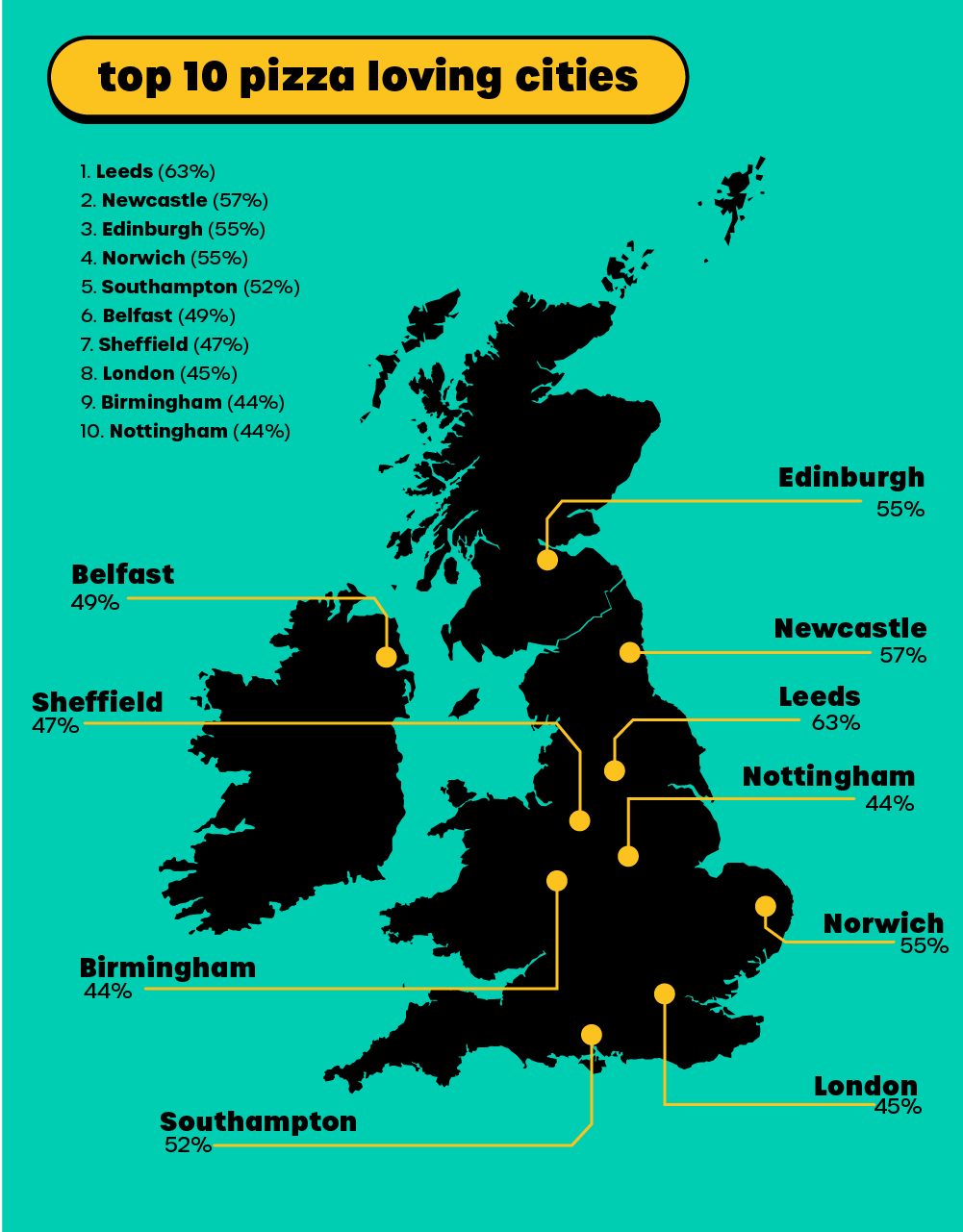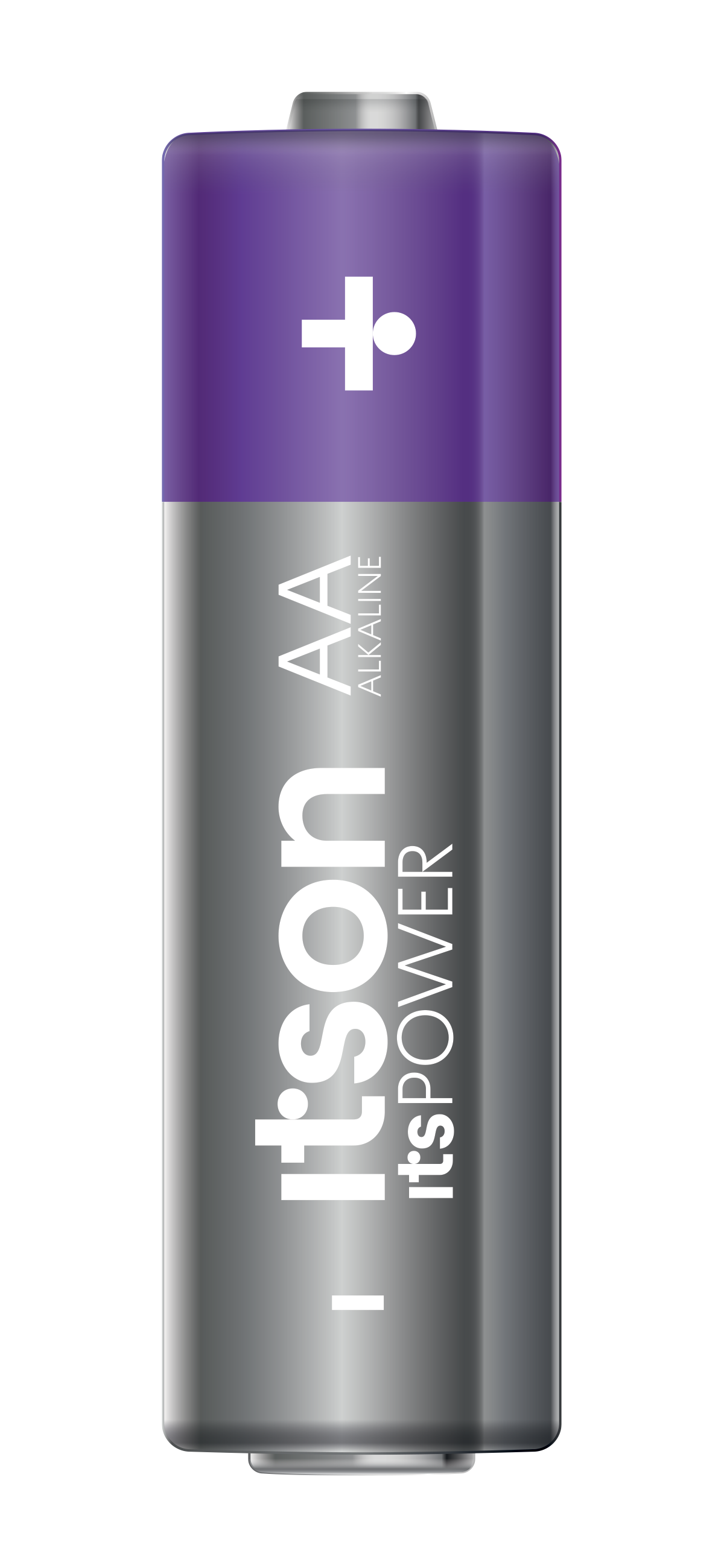The UK plans to make virtually every vehicle in the country emission free by 2050 with the launch of the Fuel Cell Electric Vehicle (FCEV) Fleet Support Scheme.
The £2m fund will cover up to 75 per cent of new vehicle costs bought by April 2017, while also covering the running costs for the vehicles for up to three years.
There will also be support for leasing or renting of vehicles, insurance, hydrogen fuel and servicing. The project was launched by the government’s Office for Low Emission Vehicles (OLEV), could bring up to 100 more hydrogen fuel cell cars and vans onto our roads by next spring – the equivalent of tripling the number of vehicles currently in use.
FCEVs emit no CO2 or other harmful pollutants, and the only by-product is pure water vapour. They also offer a driving range of more than 300 miles, and can be refuelled in 5 minutes using a hydrogen gas pump similar to petrol pumps.
The FCEV scheme comes after the Government’s commitment in 2014 to spend £5 million, through the Hydrogen for Transport Advancement Programme, on creating 12 hydrogen refuelling stations. These stations are due to be up and running by the end of 2016.
Speaking at the opening of the second of these hydrogen refuelling stations, Transport Minister Andrew Jones said that hydrogen fuel cells are an important part of the government’s vision for almost all cars and vans to be zero-emission by 2050.
“This funding, along with the growing network of hydrogen refuelling stations opening in England, will help businesses and the public sector to get on board with this exciting technology. This is further proof that we are leading the way in making journeys cleaner and protecting the environment,” he said.
The government said the market and technology for hydrogen vehicles is slowly building up. At present, the UK is one of only five markets for hydrogen FCEVs, with carmakers Hyundai and Toyota both offering a single FCEV model for UK customers.


















